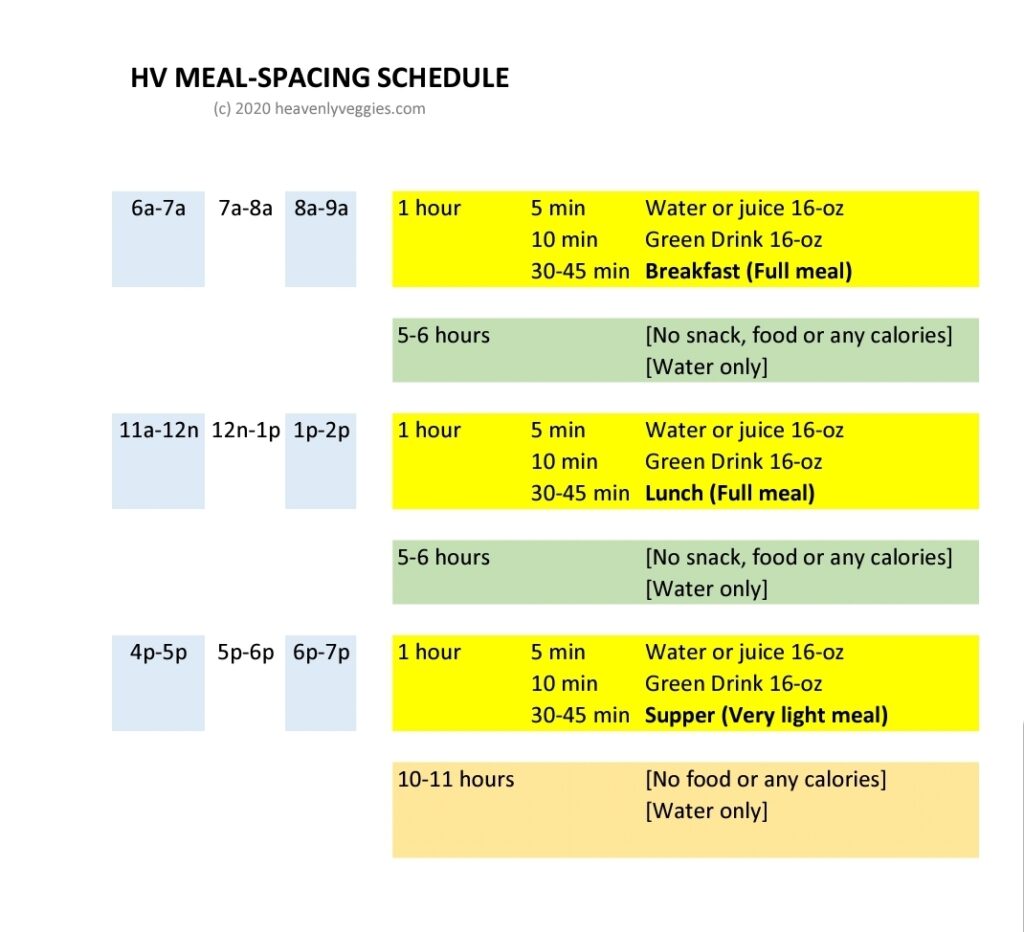
Role of meal-spacing in gut health and auto-immunity
Meal-spacing is an important factor in healthy gastrointestinal function. It provides needed time space between meals where a series of special “house-keeping” waves (called the migrating motor complex, MMC) sweep through the stomach and small intestines at about 1-2 hours after finishing your meal and in the interval where there is no intake of food.
The MMC waves are important in preventing small intestinal bacterial overgrowth (SIBO), preventing dysbiosis (imbalance between friendly and unfriendly bacteria in the gut), and preventing leaky-gut syndrome.
The MMC waves are absent during active food intake. Snacking or any calorie intake interferes with normal MMC function. It is important to have a complete break from food intake to allow the MMC to work and complete its cycle, which lasts 2 to 4 hours between meals.
Many auto-immune diseases are associated with dysbiosis and leaky-gut syndrome and patients are noted with dysfunction of the MMC waves.
Meal-spacing of 5 to 6 hours (or more) between meals provide adequate space for the MMC to complete its cycle and keep the GI tract protected from bacterial overgrowth and dysbiosis.

![]()



